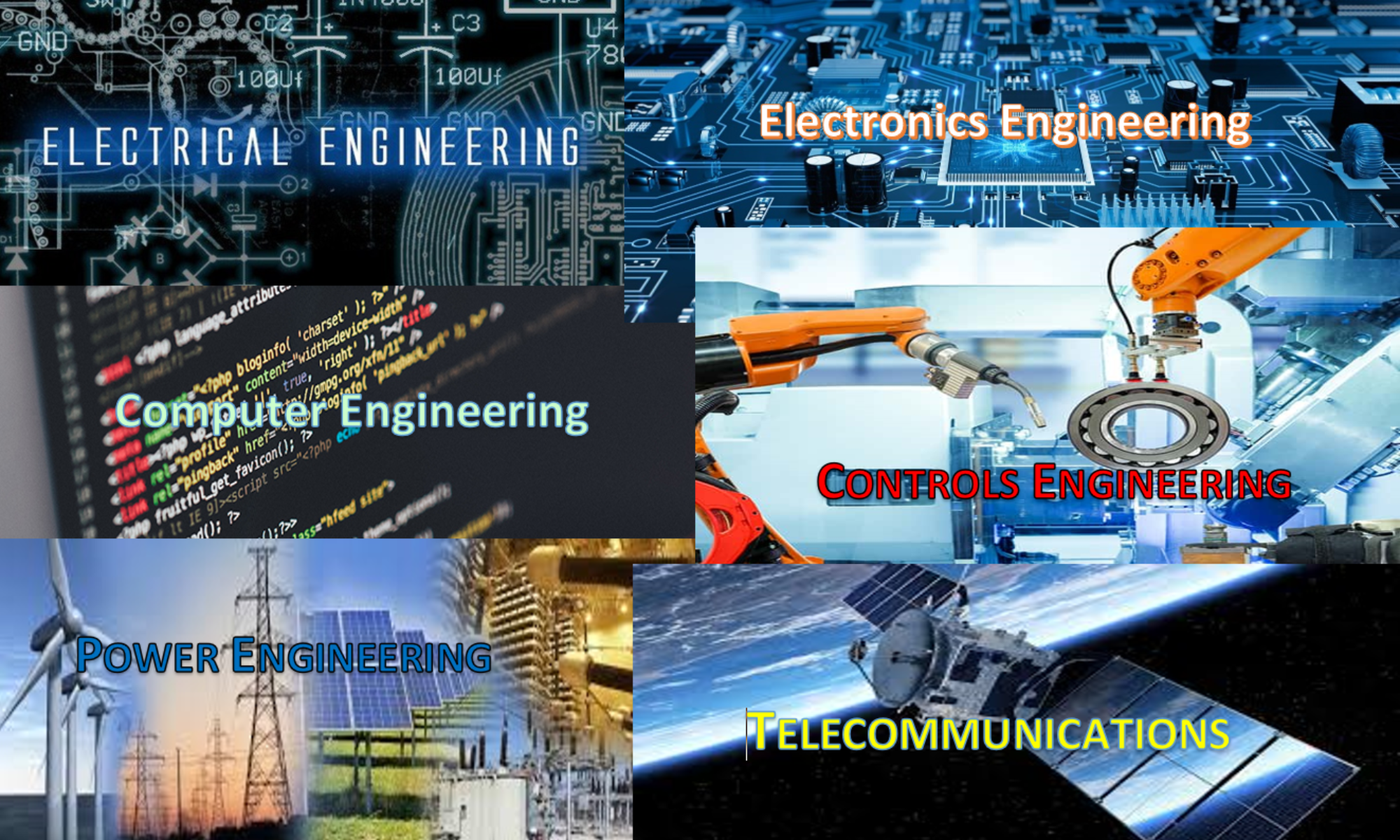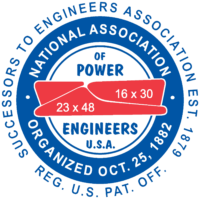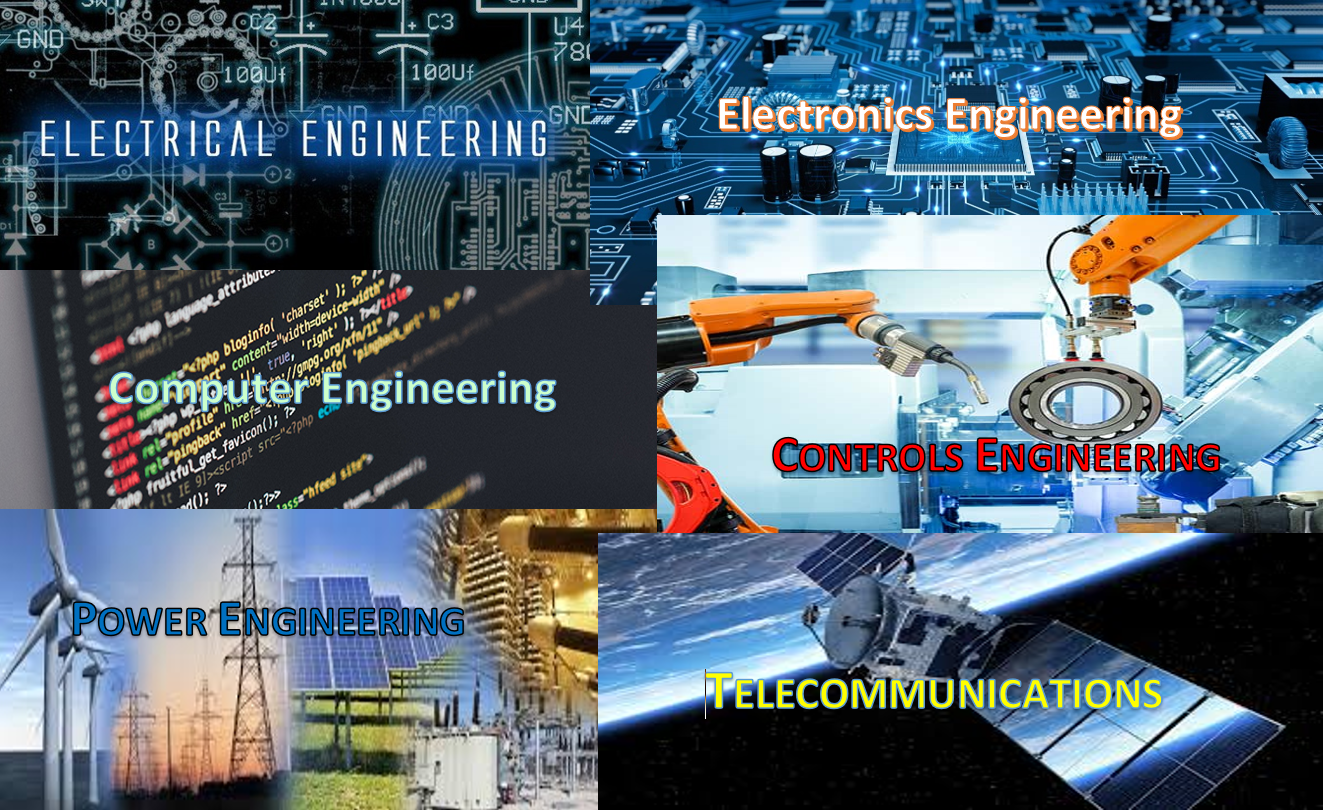The National Association of Power Engineers (N.A.P.E.) was first organized in 1882 and is now the oldest active Engineering Association in the United States. For the last 135 years, NAPE has been dedicated to providing career advancement through educational opportunities to its members and the general public. Training and education through NAPE benefits both individuals and facilities alike, by keeping Power Engineers’ knowledge up-to-date, thus ensuring safer and more responsible work practices.
NAPE is an organization completely dedicated to education, the strongest tool in preventing human error when health and safety of many people depend upon the operation of engineering plants for commercial and industrial facilities.
NAPE Provides Education and Knowledge through its many chapters through the United States, as well as through its many online educational tools.
No matter the level of experience or proximity to a local Chapter, NAPE can provide Power Engineers and HVAC professionals with the necessary tools to obtain and advance their knowledge and education for safer practicing in the field.






